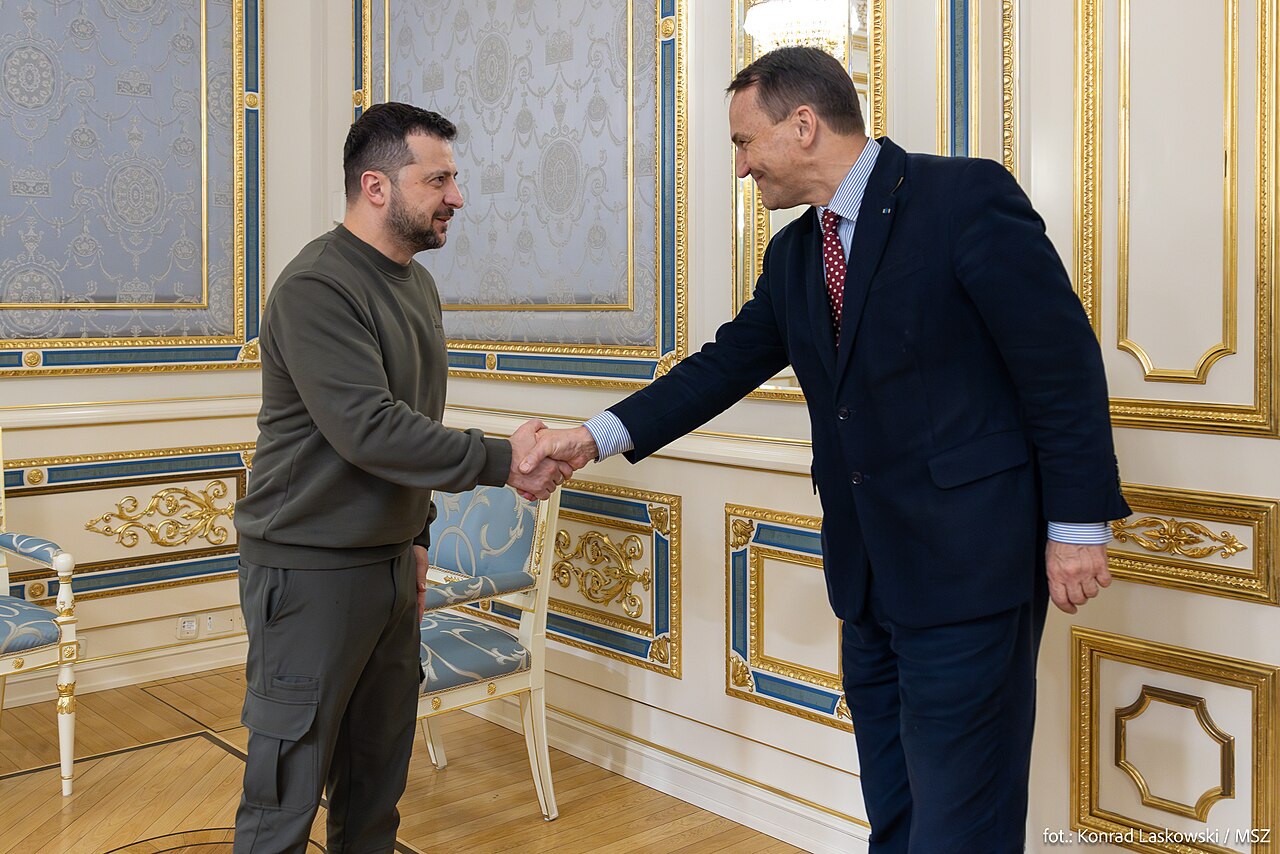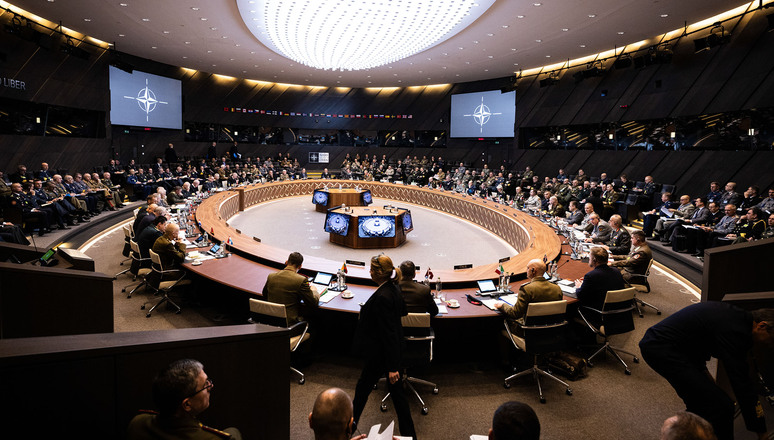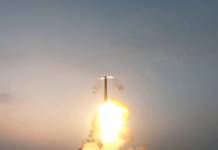Polish Foreign Minister Radosław Sikorski has sounded the alarm over Russia’s multifaceted attacks on European security, asserting that Europe is already “under attack from Russia.”
In an interview with the DPA German news agency in Berlin, Sikorski outlined the various hybrid tactics employed by Moscow, including political assassinations, cyber warfare, sabotage, and acts of arson.
Having recently taken over from Hungary, Poland now holds the rotating Presidency of the Council of the European Union for the first half of 2025. In the next six months, Poland is scheduled to host more than 300 official meetings, including 22 informal councils of EU ministers.
Sikorski stressed that security would be a primary focus during this period. He expressed confidence that Poland’s long-standing warnings about the threat posed by Russia have been validated as the country confronts growing challenges stemming from Moscow’s aggressive tactics.
With Russia’s invasion of Ukraine now approaching its third anniversary, Sikorski pointed to a series of troubling incidents that have unfolded across Europe.
He highlighted the infamous 2019 assassination incident in Berlin, where a former Chechen commander was allegedly gunned down by Russian agents, along with reported political murders in the UK. He framed these incidents as part of Russia’s broader strategy to destabilize the continent.

Sikorski also referenced a series of sabotage attacks in countries like Czechia, Lithuania, and Poland, noting a pattern of arson, threats, and destruction of critical infrastructure.
“Russia’s attacks on European security have also been taking place online for many years,” Sikorski added. He further cited interference in the Brexit referendum as a key example of Russia’s attempts to manipulate European political processes.
Sikorski warned that the events in Romania, where the first round of the presidential election was canceled following the unexpected victory of a pro-Russian candidate, should be seen as a “wake-up call.” According to Sikorski, someone financed a social media campaign on behalf of this candidate.
The Minister further noted that the ongoing challenge presented by “armed migrants” at Poland’s eastern border remains a critical issue and described the situation as a “hybrid operation conceived by Russia and Belarus.”
Russia’s Hybrid Warfare Against Europe
For years, NATO has consistently accused the Kremlin of engaging in hybrid warfare against European countries, a tactic aimed at destabilizing societies through a range of covert actions such as disinformation campaigns, hacking, cyberattacks, and election interference.
These actions, in recent years, have been intended to weaken European resolve and push them to reduce their military support for Ukraine. The nature and scope of these attacks are now more evident as the pattern of hybrid warfare continues to unfold across the continent.
Western officials have also pointed to Russian involvement in a series of arson attacks targeting infrastructure in countries such as Poland, the United Kingdom, the Czech Republic, Germany, Lithuania, and Latvia.
Additionally, both German and US authorities previously thwarted a Russian plot to assassinate Armin Papperger, the CEO of Rheinmetall, a German arms manufacturer crucial to supplying artillery shells to Ukraine’s military.
According to the reports, this form of warfare has evolved under the direction of Russian General Valery Gerasimov, currently the chief of the General Staff of the Russian armed forces.

This tactic relies on indirect means of aggression designed to destabilize and disrupt rather than engage in traditional military confrontation.
On the other hand, EU and NATO countries have been looking for ways to push back, with sanctions being one of the primary tools. In October, the EU established a new sanctions framework targeting individuals and entities involved in Russia’s hybrid warfare activities.
This includes measures targeting those involved in election interference, sabotage, disinformation, cyberattacks, and the use of migrants as a political tool. Sanctions could include asset freezes and travel bans.
On January 14, NATO also launched Operation Baltic Sentry to deter any further attempts to damage critical underwater infrastructure in the Baltic Sea.
Recently, following a rise in suspicious drone sightings, Germany approved amendments granting its military the authority to shoot down drones detected over critical infrastructure or military sites.
Poland, in particular, has been outspoken about Russia’s interference. Poland’s historical experiences with Russian aggression have made it a staunch advocate for a tough European stance on Moscow.
After years of being dismissed by Western European politicians, Warsaw now feels vindicated, as the invasion of Ukraine has forced a major reassessment of Russia’s role in Europe, leading to a shift in policy across the continent.
- Contact the author at ashishmichel(at)gmail.com
- Follow EurAsian Times on Google News




